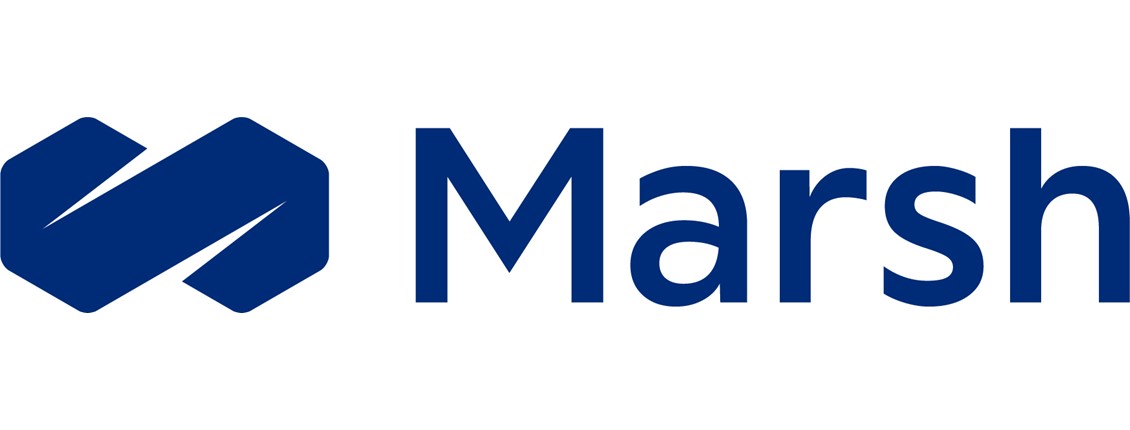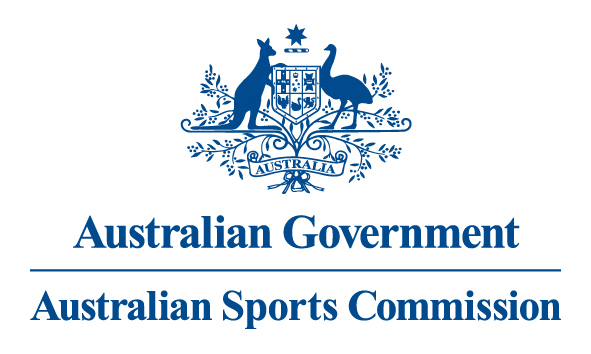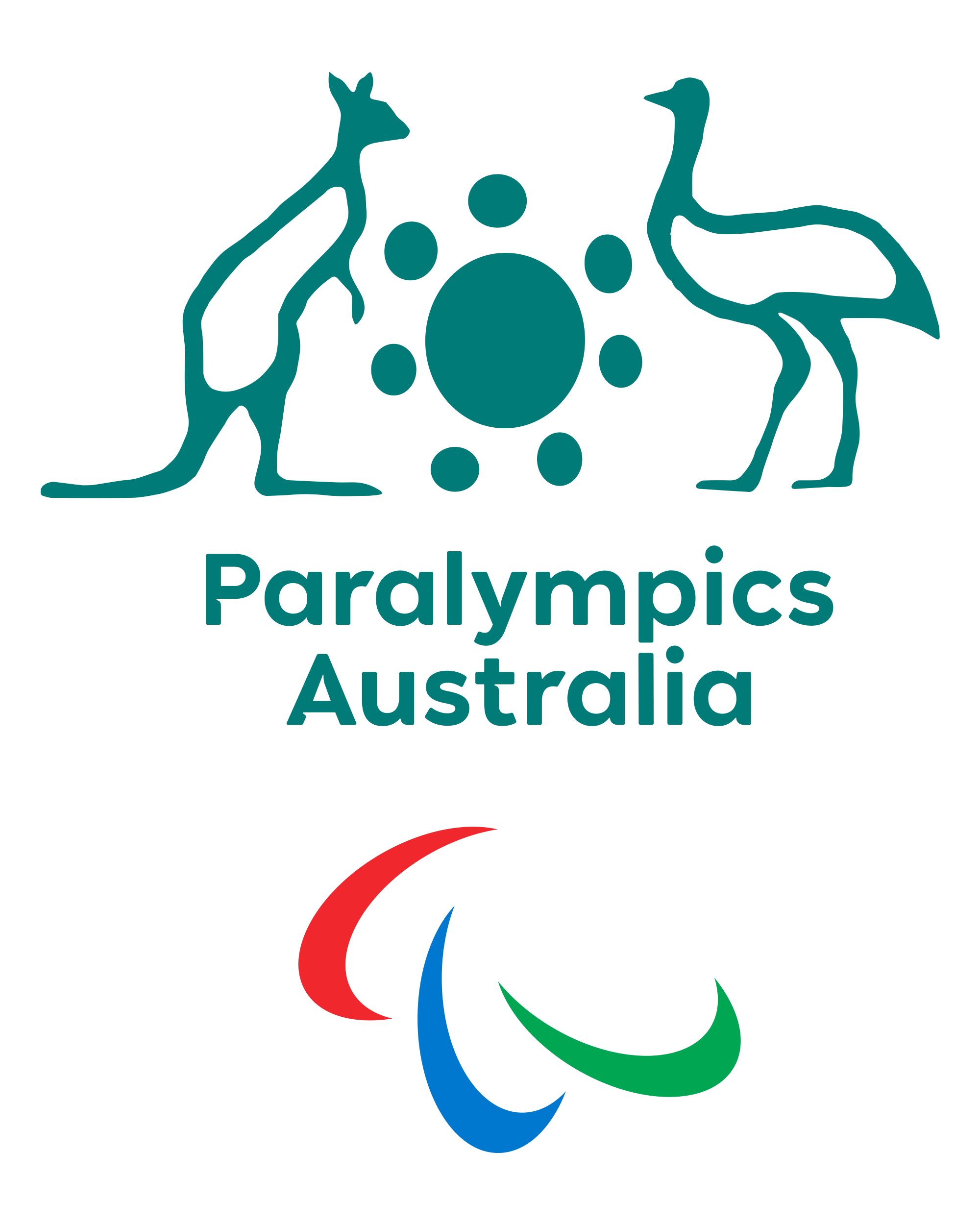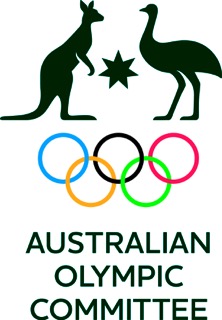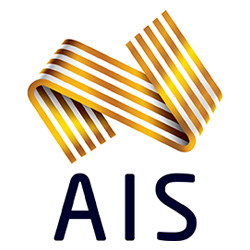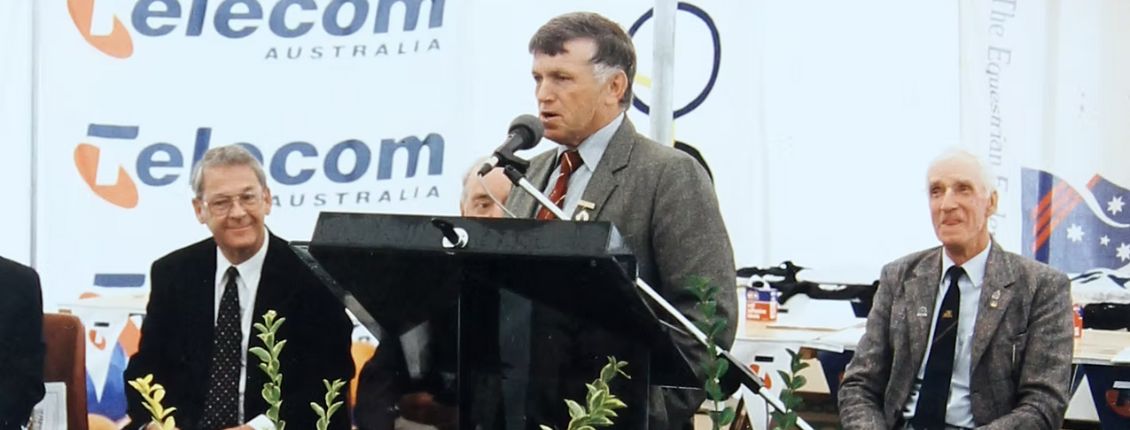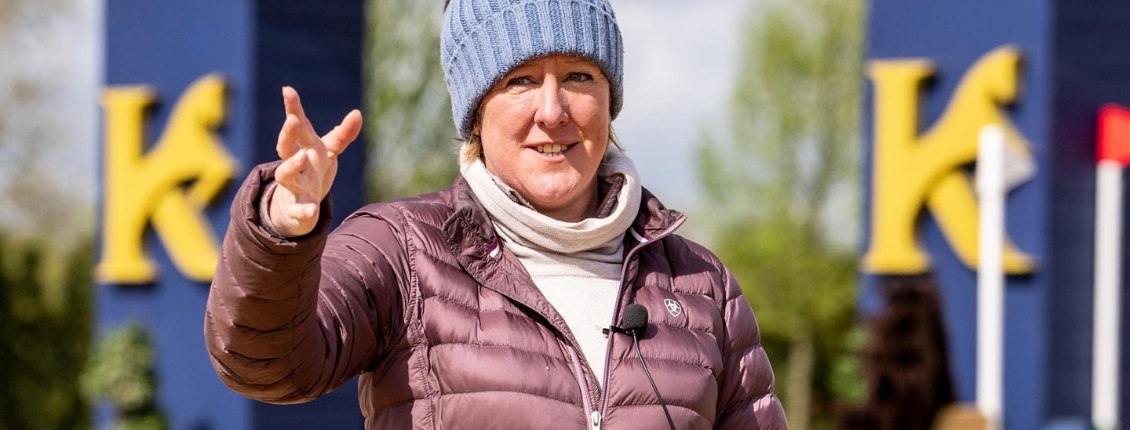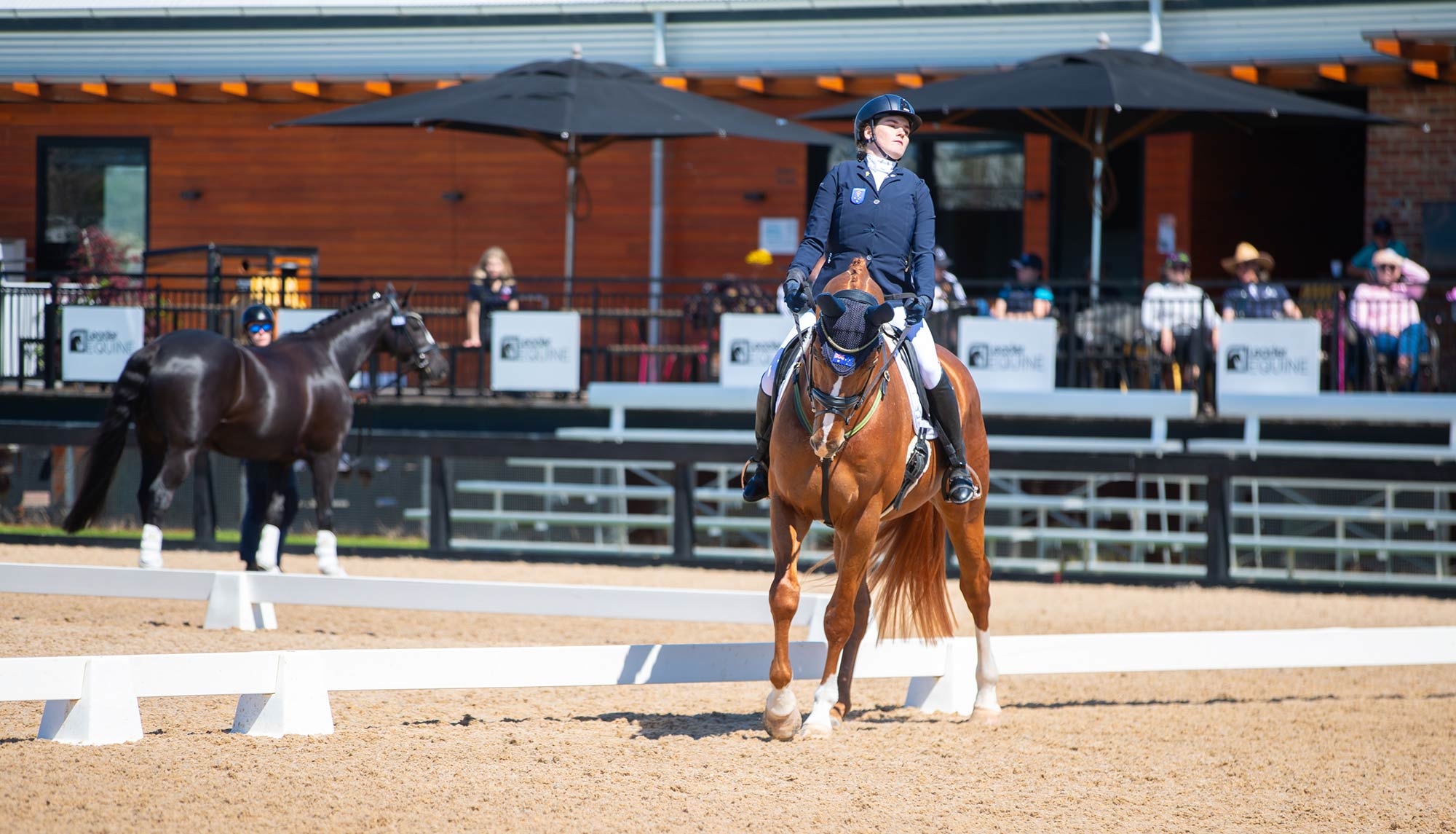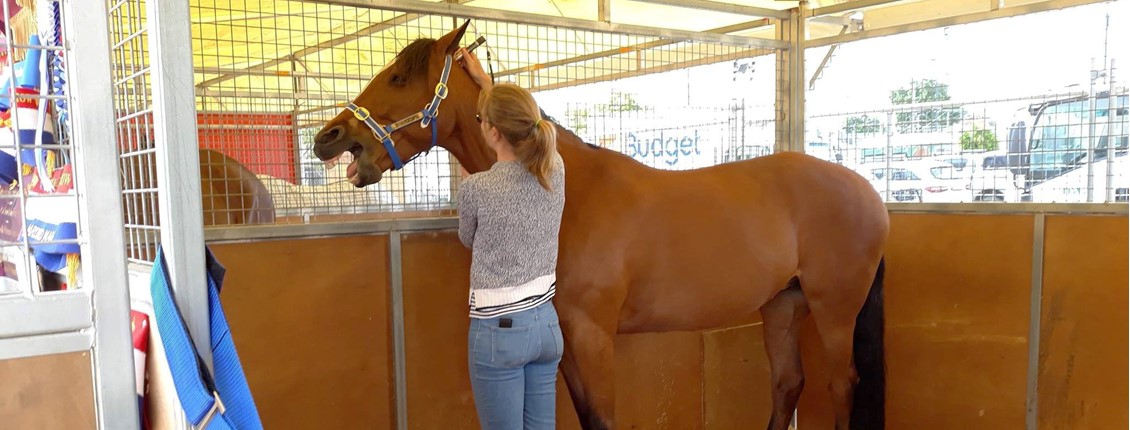
Making Equine Bodywork Work Better for Your Horse
Whilst many think of massage as a nice ‘treat’ for their horse, it’s important to realise that massage can be a vital part of your horses care routine and can drastically improve your horse’s performance.
That being said, a massage therapist can only achieve the highest results if they are also working alongside your other equine professionals, especially hoof practitioners and saddle fitters.
A horse that is ridden with unbalanced feet and/or in an unbalanced and poorly fitting saddle will usually only temporarily benefit from any kind of bodywork and will often require more regular treatments to fix ongoing issues, or have those issues masked in one way or another.
By working together with a team of knowledgeable and passionate equine professionals, the best results can be achieved. That also means less money wasted on treatments that won't stick, and most importantly, better performance of your horse!
Think of your massage therapist or bodyworker as the middle person for all your other professionals. They should be able to recognise; is the diet sufficient? Are the feet balanced? Does the gear fit? Have the teeth been addressed? Is training suitable and regular?
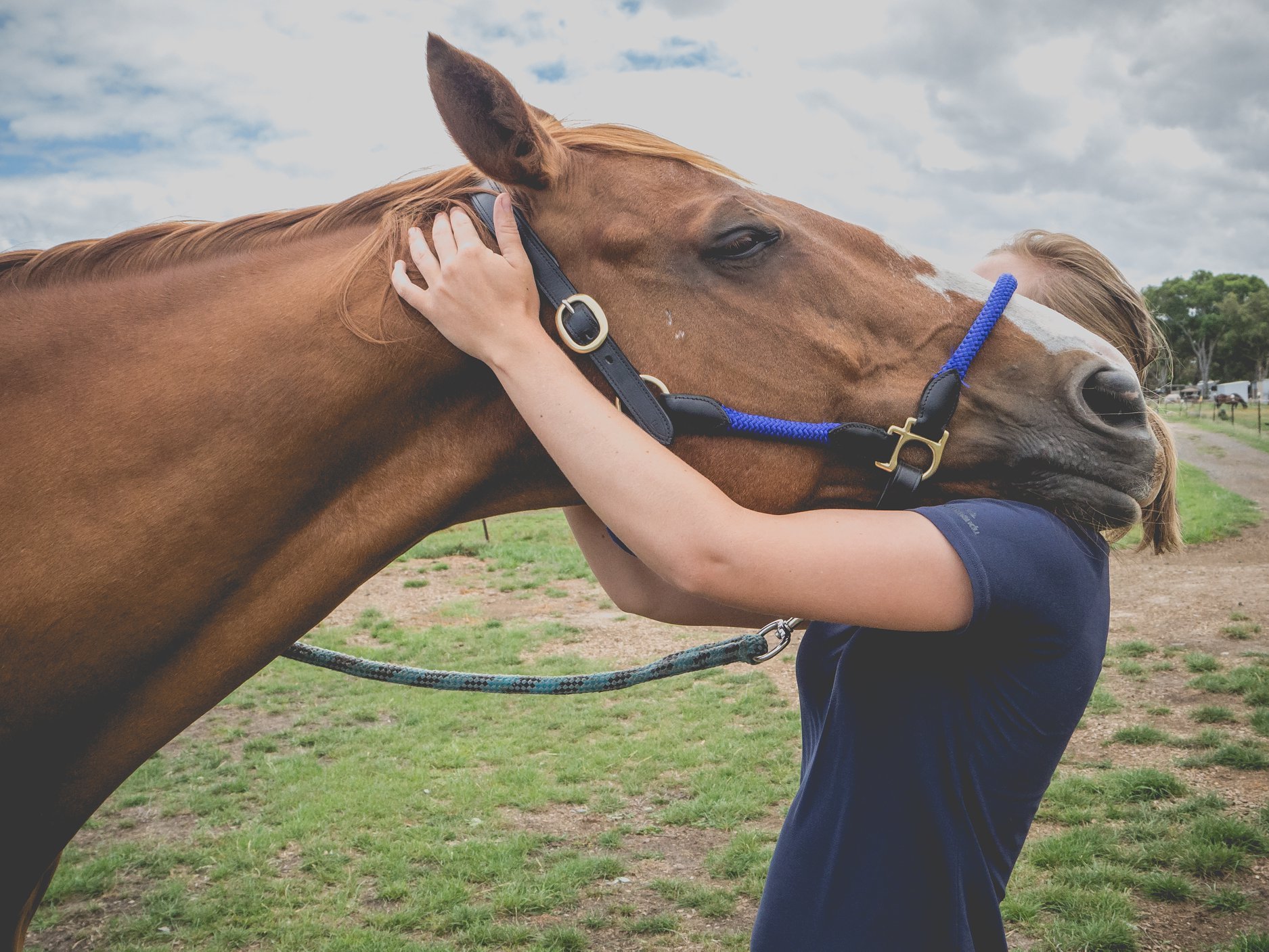
A massage therapist can only achieve the highest results if they are also working alongside your other equine professionals
It's a great responsibility to be a bodyworker as you need to have an understanding of all these aspects in order to get a picture of what the horse’s body is telling you, and which other professionals may need to assist in improving the horse’s performance.
This again ties into why it's imperative all your equine professionals communicate with you and one another about the management of your horse.
A massage therapist can't permanently fix the issue if your horse has pain in, say, their caudal heel and shoulder because the feet are unbalanced. They can't fix the issue if after a treatment you put an ill-fitting saddle back on, and muscle tightness isn't going to miraculously disappear if the diet isn't adjusted.
It's a team effort, not one person is a miracle worker, but each may be a key to helping you put all the pieces of the puzzle together.
Asking questions is also a key factor in getting the most out of your massage or body therapist. I am often met with a lot of frustrated owners who have followed the advice of other professionals but have not seen results; or were unsure what treatment was done but did not ask questions, as they expect the professional to always be right.
As much as it would be great if it was the case, equine professionals aren't always right and asking questions can also help them to see if perhaps they need to take a different approach.
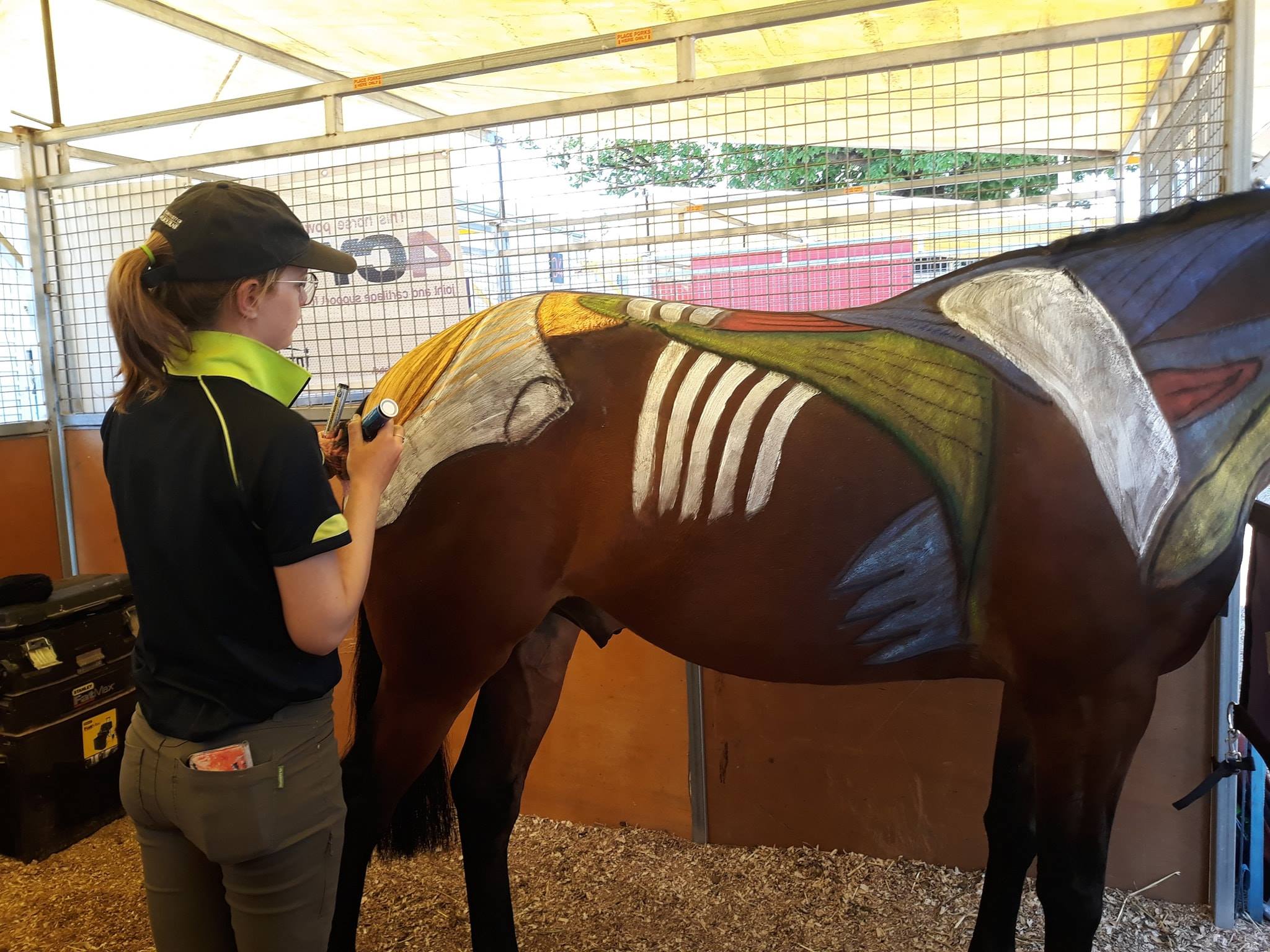
Asking questions can help your equine professionals to see if perhaps they need to take a different approach
All my clients tell me they just want what's best for their horse. I always suggest they seek to educate themselves, so they can understand what their massage therapist, hoof practitioner, saddle fitter, trainer, dietitian ect, are doing.
This way, an owner can make an educated judgement on whether the right treatment has been done and to ask questions when they are unsure.
If a professional can't or won’t answer your questions in a way that you understand, then perhaps it's time to try someone else.
You are a very important part of the team of professionals managing your horse. We need you to communicate with us, give us feedback after a treatment so we know if there's something that needs to be changed for next time, or whether you are seeing great results, or no results.
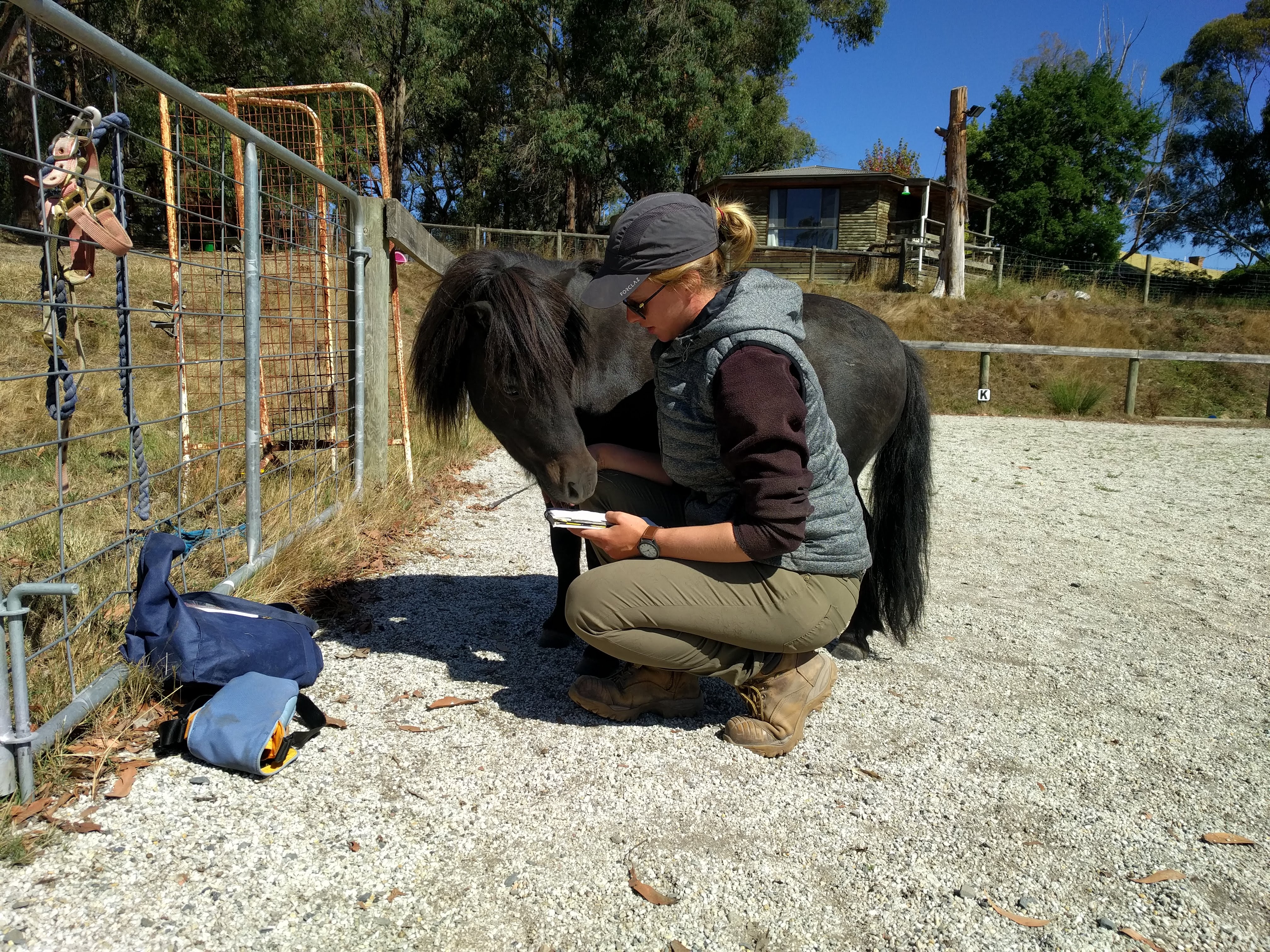
Massage therapy can be beneficial to any horse, even little ones!
A good massage therapist can be the key to keeping all aspects of your horse’s management in check, in order to gain the best performance - whether that be as a low-level competitor or as a high performance athlete.
Supplied by Stephanie Bolger (Equine Massage therapist), BEqSt, Cert. Eq.Massage, Cert. Photonic therapy, BSc(Hons) (Functional Anatomy)

